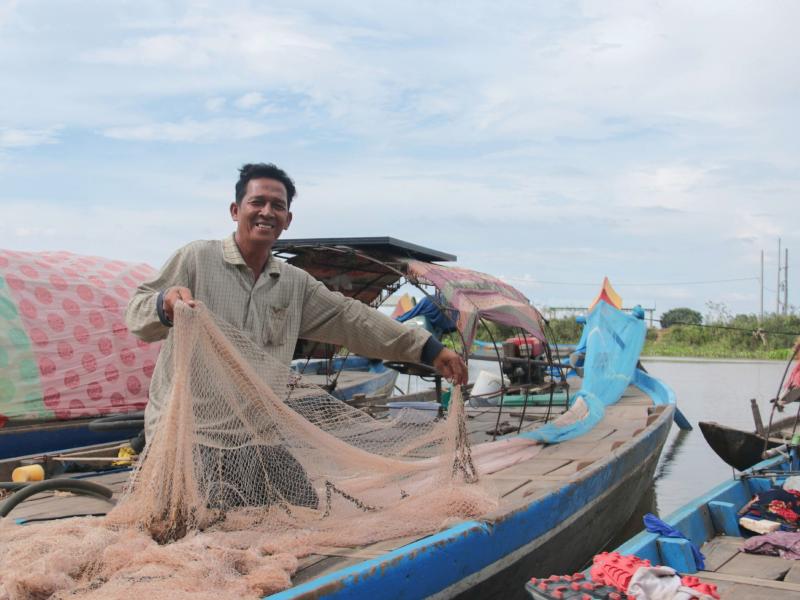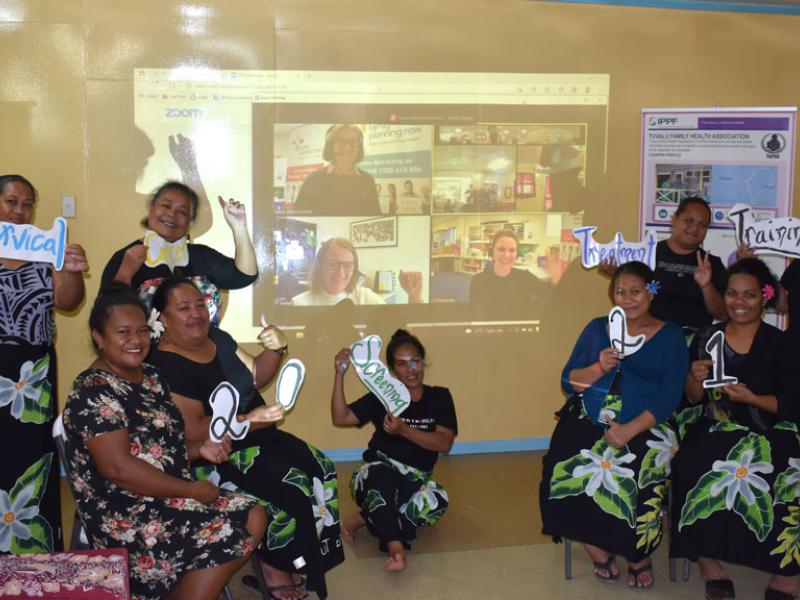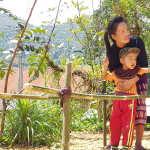-
2025-26 total Australian ODA [budget estimate]
-
$143.0 million
-
2024-25 total Australian ODA [budget estimate]
-
$143.0 million
-
2023-24 total Australian ODA [budget estimate]
-
$143.0 million
What is the ANCP?
The ANCP is a unique Australian development program. It is a partnership between the Australian Government and highly effective Australian Non-Government Organisations (NGOs). For over 50 years, this partnership has supported the most disadvantaged in communities around the world.
The ANCP is the Australian Government's longest running and largest NGO program. Each year, the ANCP supports more than 60 Australian NGOs and over 2,000 local partners to deliver around 400 projects in around 50 countries.
How do we help?
The ANCP improves the lives of millions of people every year. ANCP NGOs and their local partners run community-based projects that have a direct and tangible impact on the individuals, institutions and communities involved.
ANCP NGOs create positive change and achieve inspiring results. See the results from the previous financial year in the Australian NGO Cooperation Program fact sheet.
Why do we work with NGOs?
NGOs are vital development partners. NGOs can be powerful agents for change and play a crucial role in preserving and advancing human rights and sustainable development around the globe. Read about DFAT’s approach to working with NGOs in order to achieve the goals of Australia's development program.
Which NGOs do we work with?
We work with NGOs who have demonstrated their ability to deliver results against our objectives and who offer value for money. ANCP NGOs have strong local partnerships that support collaboration, capacity building and sustainability.
ANCP NGOs must pass a rigorous accreditation process that assesses their organisational structure, philosophies, policies and practices. There are more than 60 Australian NGOs accredited to receive funding under the ANCP – see the list of Australian accredited NGOs.
How do we work with NGOs?
The ANCP provides funding – in the form of annual grants – to accredited Australian NGOs. This funding supports their projects in developing countries. The projects span a range of sectors, including education, health, water and sanitation, food security and economic development.
The ANCP requires NGOs to contribute their own funds, raised from the Australian community, to their ANCP projects.
The two key mechanisms for working with NGOs to achieve the goals of Australia's development program are the Australian Council for International Development (ACFID) partnership and the Committee for Development Cooperation (CDC).
Where do we work?
In any given year, ANCP NGOs deliver around 400 projects in around 50 countries. See details of all ANCP projects for this and previous financial years. Visit the ACFID Website to see the Interactive NGO Aid map.
Why is the ANCP necessary?
ANCP NGOs have strong connections with local communities, both in Australia and overseas. They bring a comprehensive understanding of poverty in local contexts and deep development expertise.
ANCP NGOs and their in-county partners have particular skills, networks and reach, and the ANCP allows them to design and deliver projects to these strengths.
The ANCP Program Logic articulates the value-add of the ANCP to Australia’s development program.
Contact
Australian NGO Cooperation Program
NGO Program and Partnerships Section
Department of Foreign Affairs and Trade
RG Casey Building
John McEwen Crescent
Barton ACT 0221
Email ancp@dfat.gov.au













